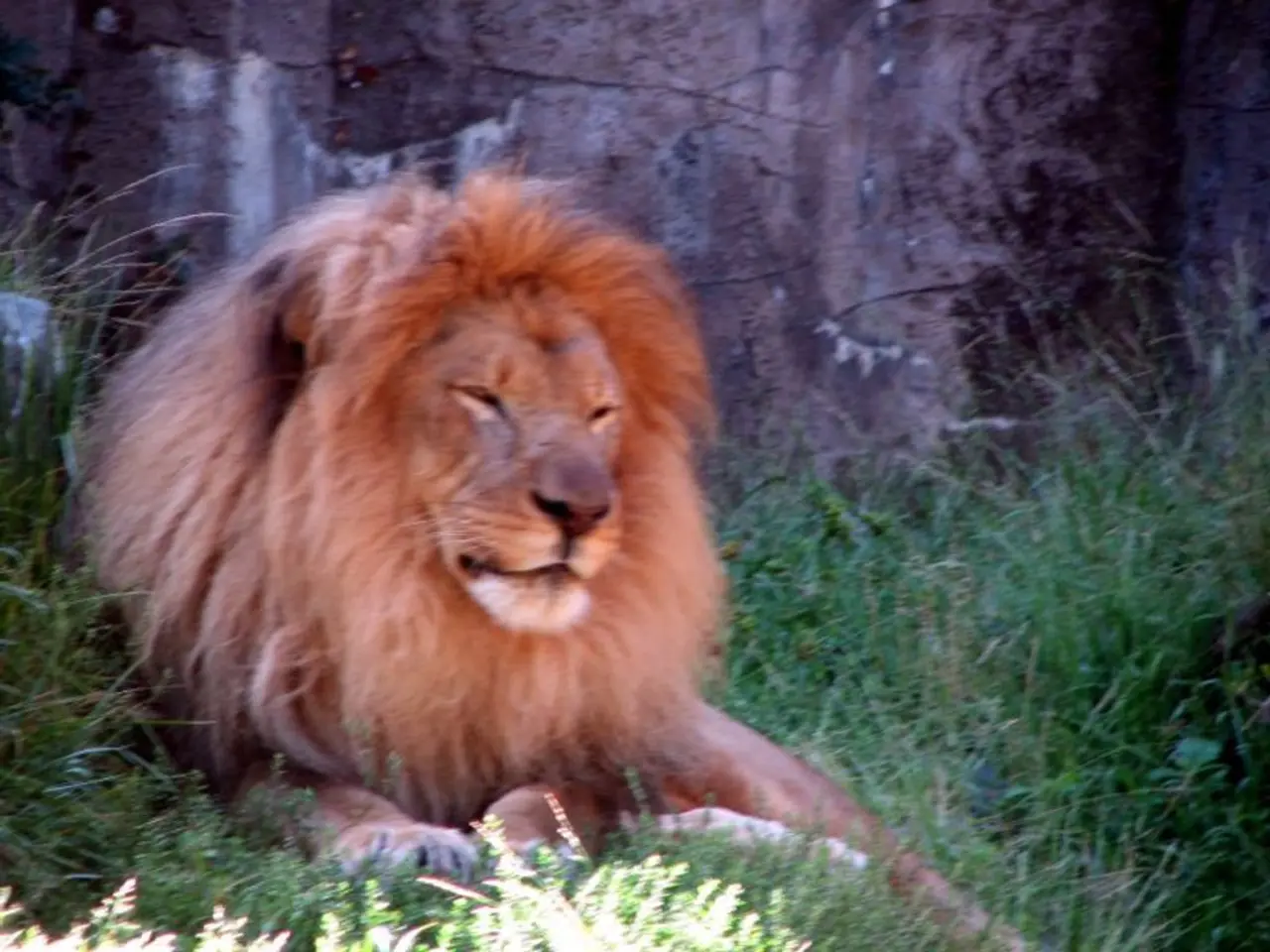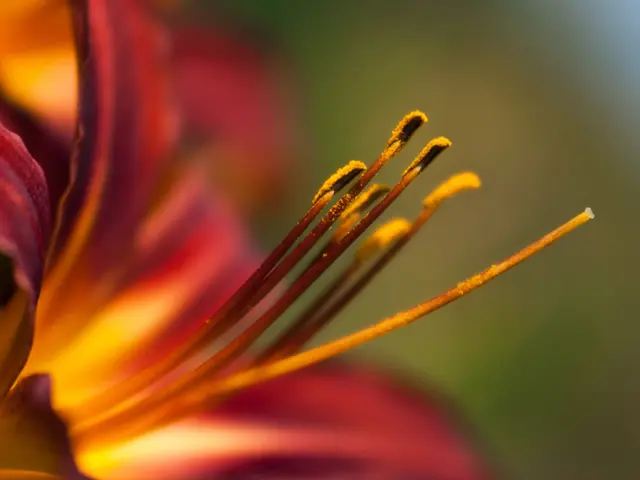Zoo in Cologne Justifies Putting Down Lion Cubs Amidst Backlash - Controversial sleeping lions' accommodation at Cologne Zoo is defended by zoo authorities
In a heartbreaking turn of events, the Cologne Zoo announced the euthanasia of a litter of lion cubs born last week. The survival chances of the cubs were extremely low from the start, as they were premature and faced numerous health challenges.
Lion cubs born in captivity generally have higher survival rates compared to their wild counterparts. However, in this case, the cubs' conditions were so critical that hand-rearing was not an option to prevent imprinting on humans, and the zoo decided to euthanize the already weakened cubs to spare them unnecessary suffering.
The mother lion, Gina, was initially separated from her older cubs to ensure peace for the new litter. Despite her efforts to return to her older offspring, who were not yet independent, Gina did not provide adequate care for her new cubs. One of the cubs was able to nurse from Gina initially, giving hope, but the situation soon deteriorated.
It is worth noting that the mortality rate is high for lion cubs in the first year, with only an average of one litter surviving in an adult lioness's lifetime. This high mortality rate is due to various factors, including genetic issues, health problems, and the challenges of raising cubs in the wild.
In the wild, male lion cubs typically leave their mothers at around 24 months, while female cubs often remain in the pride. However, information about the age and circumstances of the cubs in the Cologne Zoo was not provided.
Two older lion cubs, born in 2024, are scheduled to depart from the Cologne Zoo in the fall. As this is a sensitive issue, the zoo has not released further details about the reasons behind their decision to euthanize the cubs.
For precise and updated information, we recommend checking official Cologne Zoo statements or reliable news sources. Our thoughts are with the zoo staff and the lion community during this difficult time.
The Commission's directive on animal protection might address the critical health conditions of captive animals, ensuring they receive medical attention necessary for survival. In light of recent events, it's crucial to highlight the importance of researches on health-and-wellness in captive lions and other animals. Additionally, integrated lifestyle approaches, including proper care and nutrition for pets, can contribute to the improved health of animals in captivity.




